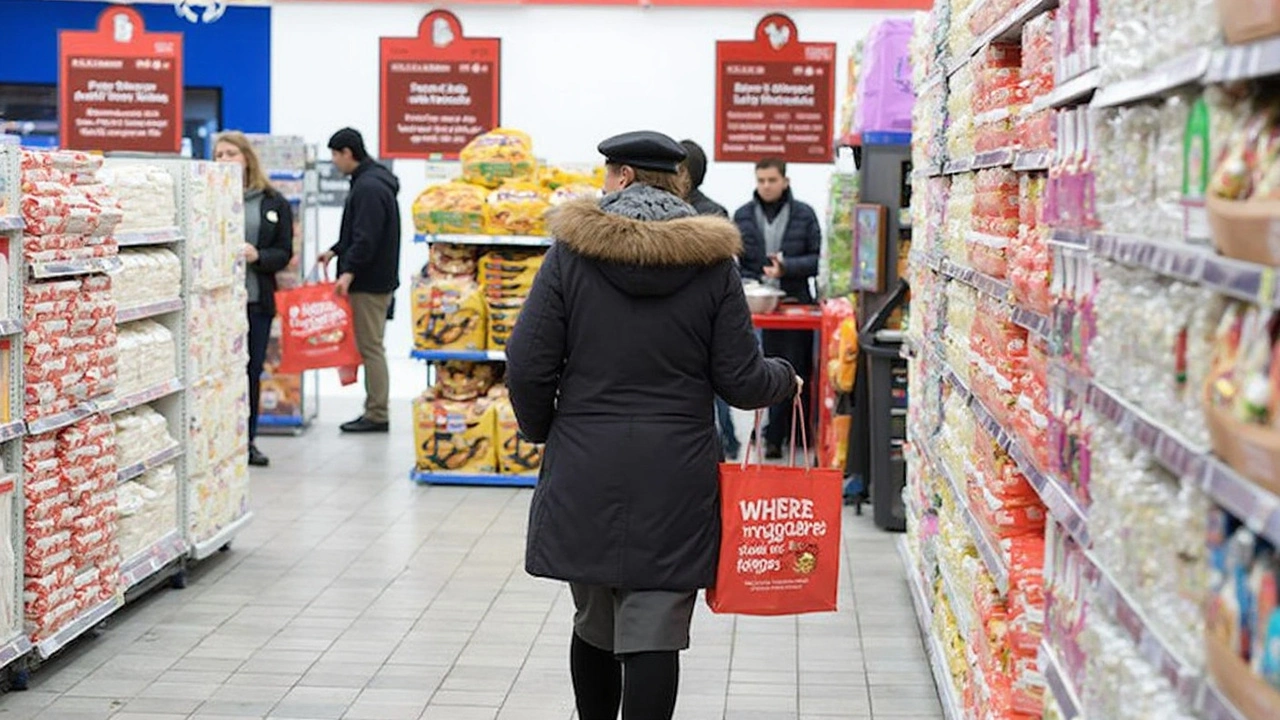VAT Reversal: How Politics and Pressure Shaped Treasury's Big U-Turn
South Africa’s latest budget saga took a sharp turn when Finance Minister Enoch Godongwana announced he was scrapping the planned 0.5% hike in VAT. The move didn’t come quietly—legal battles, political power plays, and worried economists all played their part. The government faced legal fire from the Democratic Alliance (DA) and the Economic Freedom Fighters (EFF), who argued that upping VAT without parliamentary oversight was flat-out unlawful. For days, the risk of a drawn-out court fight dominated headlines.
Behind closed doors, the tension was even thicker. Coalition talks among the parties forming the new government of national unity (GNU) forced the Treasury to rethink its approach. The DA was quick to claim credit, saying their legal tactics pushed the reversal, while other parties chalked it up to the delicate art of political compromise. One thing everyone can agree on? The potential inflation spike from the hike is off the table, at least for now.
Economist Annabel Bishop from Investec didn’t mince words about what the original VAT hike might have done. Her calculations showed it could have added another 0.25% to South Africa’s already stubborn annual inflation rate. For cash-strapped households watching groceries and transport prices inch up month after month, this is a real break. That’s especially true because inflation in South Africa squeezes everyone, but it puts the most pressure on those with the least to spare.
The Cost of Relief: Who Pays for a Lighter Inflation Load?
Before you uncork the champagne, there’s a catch. Dumping the VAT hike leaves Treasury with a giant R75 billion hole in the national budget over the next few years. That’s not pocket change. The original hike was meant to fund frontline services like health clinics, schools, and social grants—the stuff ordinary South Africans rely on every day. So Treasury has to get creative, and quick.
Here’s what’s on the table: Parliament will be asked to rubber-stamp a new set of budget bills—think revised Appropriation and Division of Revenue laws—that are expected to trim government spending. Where will those cuts fall? Critics and advocates for the poor are already warning: watch the public services. When the axe comes down, it tends to hit public housing, health programs, and municipal grants the hardest. Low-income communities who depend on these programs could still end up carrying the cost, just in a less obvious way than a tax increase at checkout.
The hunt for revenue isn’t stopping there. The Treasury says it’s looking at ramping up SARS tax collections and exploring fresh taxes. That could mean expanded enforcement or even new charges in areas like luxury goods or digital services—anything to refill government coffers without causing a fresh wave of public outrage.
Meanwhile, the court action that spooked the Treasury in the first place may now quietly disappear. The showdown in the Western Cape High Court—where the DA and EFF challenged the government’s VAT move—looks likely to end in an out-of-court truce, rather than a dramatic precedent-setting ruling.
So for now, South Africa dodges an inflation bullet. But the story is far from over. The struggle to balance fiscal discipline, political deals, and the daily realities for the country’s poorest citizens is just heating up—and no one’s expecting an easy fix any time soon.

